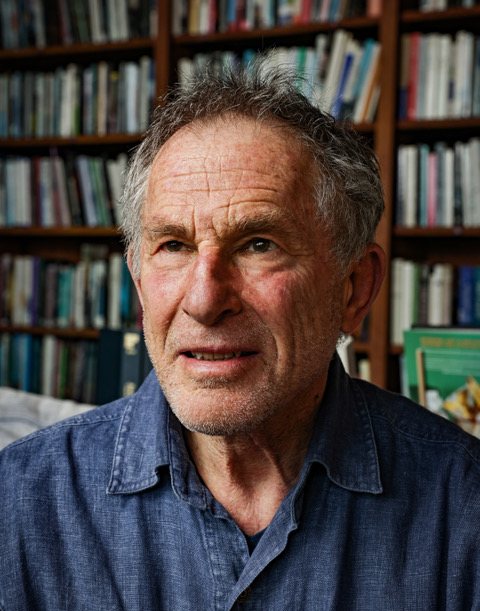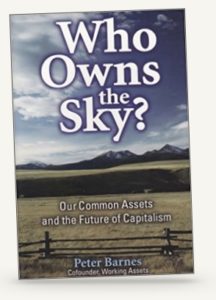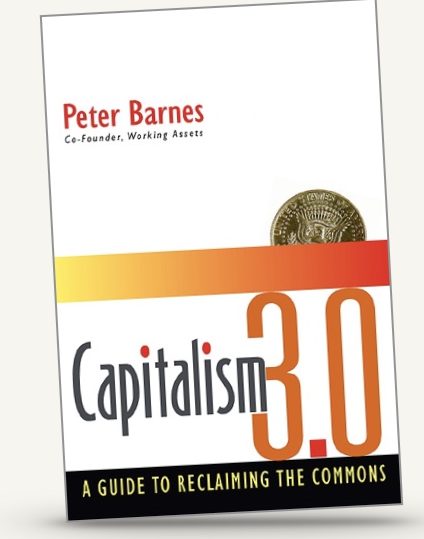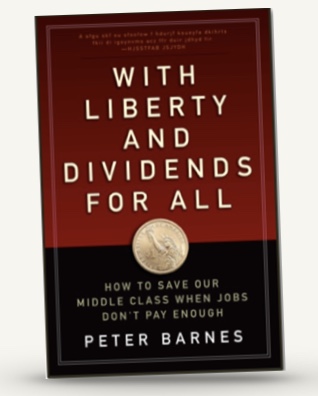
As a young correspondent for Newsweek and The New Republic, Peter Barnes often wrote about the workings of modern capitalism. Then, at the age of 34, he decided to probe our economic system from within. He co-founded a worker-owned solar energy company in the 1970s, a socially screened mutual fund called Working Assets in the 1980s, and a progressive phone company called Credo Mobile in the 1990s. In all these ventures, his goal (besides making a profit) was to see whether socially responsible businesses could shift, in a positive way, the behavior of our larger economy.
Eventually he concluded that, while socially minded companies can do good things, they can’t change our economy by much: they are swimming against a tide that is too strong. What we need is not a few companies voluntarily behaving slightly better, but a system that makes all companies behave a lot better, whether intentionally or not. The difficult question is how, very practically, such a system can be designed and installed.
In search of an answer, Barnes began thinking about our economy as an evolving complex system that operates within a landscape shaped by property rights — government-protected rights that can be passed from one generation to the next. Those property rights, and the profit-maximizing algorithms that govern most of them, inexorably drive markets toward wealth concentration and degradation of nature.
Applying this framework to climate change, Barnes posed a rarely asked question: ‘Who owns the sky?’ That query led to a series of books exploring the consequences of the answer, ‘We all should, but don’t.’ OURS: The Case For Universal Property is the culmination of that exploration — and an urgent plea to fix the tragic flaws of capitalism before it’s too late.
Previous books

Who Owns The Sky? (2001)
Argues that the atmosphere is a commons and that by treating it as such, we can curb greenhouse gas emissions while paying dividends to everyone.


Capitalism 3.0 (2006)
Proposes a new operating system for capitalism in which critical ecosystems would be managed by trusts on behalf of future generations and all living persons equally.
“This version of capitalism can save the planet, redress many inequalities of wealth, and reclaim the commons. Here is capitalism as you’ve never seen it before!” — George Lakoff, University of California, Berkeley

With Liberty and Dividends For All (2014)
Contends that if we want to retain a large middle class in America, we must supplement labor income with non-labor income. The best way to do that is with dividends from wealth we own together.
“Elegant, powerful, pragmatic and hopeful. This book will change the debate about what’s mine and what’s ours.” — David Morris, Institute for Local Self-Reliance
